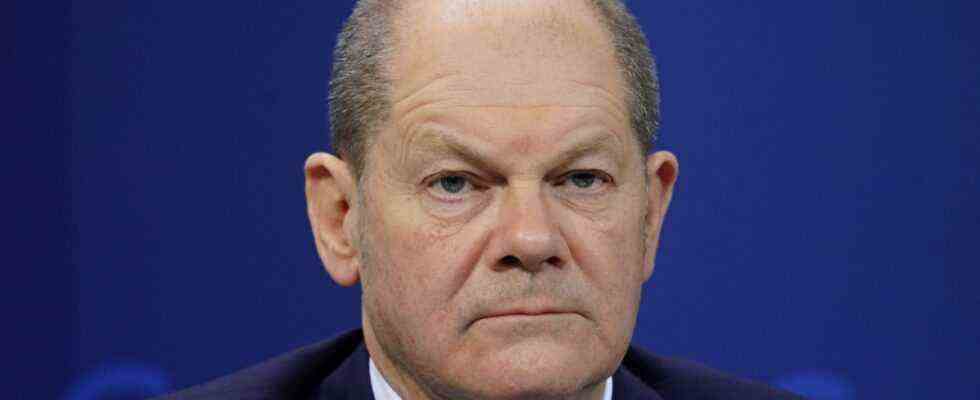With a time lag, Chancellor Olaf Scholz (SPD) also got involved in the debate about abuse in the Catholic Church. “The Chancellor, like many others, is of course very shocked by the findings that have come to light there again,” said government spokesman Steffen Hebestreit on Monday in Berlin. Scholz urged “a clear clarification of the allegations”, which should also be accompanied politically. “There is consensus in the federal government that the processing of cases of structured child abuse should not be left to institutions alone,” said the government spokesman.
Scholz is the first top German politician to comment on the latest abuse report on the Catholic Church. About ten days ago, a Munich law firm submitted an expert opinion for the Archdiocese of Munich and Freising. Above all, relativizing statements by the former Archbishop of Munich and now Pope Emeritus Benedict XVI. on sexual abuse and the fact that he had to subsequently correct a crucial piece of information in the responses to the reviewers caused great shock.
So far, the traffic light coalition has largely avoided taking a position on the offenses against minors and those under protection in the Catholic Church. The coalition leaders had remained silent.
On Monday it was announced that the federal government had set itself the task of “actively promoting the processing of structured sexual violence against children and young people in social groups such as sports clubs, churches and youth work and, if necessary, creating a legal basis”. Specifically, it is planned to regulate the office of the Independent Commissioner for Questions Regarding Child Sexual Abuse (UBSKM) by law and to introduce regular reporting obligations to the German Bundestag. At the moment Johannes-Wilhelm Rörig still holds the office of the UBSKM, he had announced that he would resign after the change of government. So far, however, it is unclear who will succeed him.
Call for a truth commission
Politicians must have “the greatest interest” in the success of the reappraisal process, says Rörig. In addition to the UBSKM, there is also the independent review commission, which works on the basis of a Bundestag resolution and whose term should actually end at the end of 2023. In the coalition agreement, the traffic light has committed itself to continue the review commission in its current form. So far, the members of the commission have been working on a voluntary basis, the chair is currently vacant.
Olaf Scholz as the first mayor of Hamburg in 2015 at the celebration of the episcopal consecration of Stefan Hess as archbishop of Hamburg. Hesse was accused of breaches of duty in the course of the Cologne abuse report.
(Photo: Breuel-Image)
It remained open on Monday whether Scholz would recommend that the Bundestag set up an independent truth commission. Recently, more and more Catholic bishops had shown themselves open to such a commission, for example the chairman of the German Bishops’ Conference, Bishop Georg Bätzing, the Würzburg Bishop Franz Jung or Regensburg’s Bishop Rudolf Voderholzer. Those affected have long been demanding an independent investigation by the state.
A tightening of sexual criminal law is currently not planned, said a spokesman for Justice Minister Marco Buschmann (FDP). It was last tightened in the past legislative period in terms of penalties, statute of limitations and classification. Many of the acts from abuse reports by the dioceses can therefore no longer be prosecuted under criminal law and can only be prosecuted under canon law because they are statute-barred.

